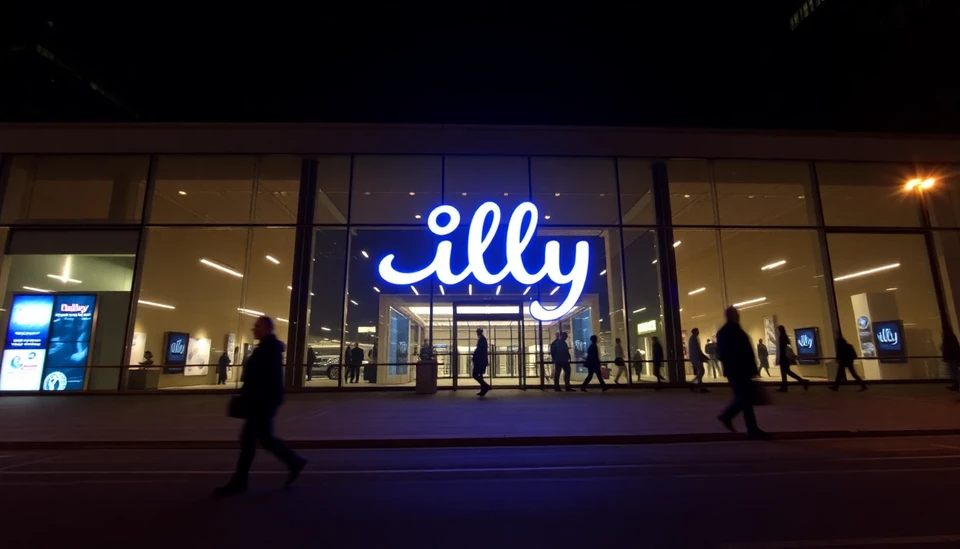
In a significant development for the pharmaceutical industry, Eli Lilly's diabetes drug, Mounjaro, has been denied a separate label for the treatment of sleep apnea in Europe. This decision, announced recently, highlights the ongoing complexities within the regulatory landscape governing medical treatments and their approvals across different markets.
Mounjaro, known generically as tirzepatide, has gained attention primarily for its effectiveness in managing blood sugar levels in Type 2 diabetes patients. However, its potential benefits in treating sleep apnea—a common disorder characterized by interrupted breathing during sleep—garnered interest from healthcare providers and patients alike. Despite this, the European Medicines Agency (EMA) has decided against granting a distinct indication for Mounjaro as a treatment for sleep apnea.
The regulatory body’s decision appears to stem from insufficient evidence demonstrating the drug's efficacy specifically in addressing sleep apnea symptoms. While studies have indicated that weight loss, which Mounjaro promotes, can alleviate symptoms of the disorder, the EMA has determined that further research is necessary before it can endorse the drug for this particular use.
This development comes amidst broader discussions about the growing demand for treatments that address both metabolic and sleep-related health issues, particularly as obesity rates rise and more individuals seek solutions to enhance their overall health and quality of life. For Eli Lilly, this outcome is a setback, as the company was optimistic about expanding Mounjaro's therapeutic scope beyond diabetes.
The implications of this decision extend not only to Eli Lilly but also to patients who may have hoped that Mounjaro could serve as a dual-purpose medication. Those suffering from diabetes and sleep apnea often grapple with multiple health challenges, making effective treatment options more critical than ever. Mounjaro's denial for a separate sleep apnea label may limit choices for these patients looking for integrated approaches to managing their conditions.
Despite this setback, Eli Lilly remains committed to advancing its research in this area. The company has signaled its willingness to explore additional studies and data collection that could bolster future applications for different therapeutic indications. As the healthcare community continues to seek effective strategies to combat prevalent conditions like sleep apnea, the outcome of further research into Mounjaro’s impacts on such disorders may determine its future role in patient care.
Health experts indicate that the interplay between diabetes management and sleep health is increasingly recognized in medical research. As such, the focus may shift toward fostering collaborations between pharmaceutical companies and academic institutions to better understand how existing medications can address co-morbid conditions effectively.
As Eli Lilly moves forward, both patients and healthcare providers will be watching closely to see how this decision shapes the landscape for treatments that might address the dual challenges of diabetes and sleep apnea. For now, those seeking relief from sleep apnea will need to explore other available treatments while keeping an eye on the future developments surrounding Mounjaro and its possible re-evaluation by regulatory authorities.
This situation underscores the importance of rigorous clinical data in shaping treatment options and the regulatory processes that govern them. Mounjaro remains a powerful tool for managing diabetes, but its journey towards broader applications in healthcare will require patience and continued scientific inquiry.
#EliLilly #Mounjaro #SleepApnea #HealthcareNews #DiabetesTreatment #Pharmaceuticals #EuropeanMedicinesAgency #MedicalResearch #PatientCare #ObesityTreatment
Author: John Harris




